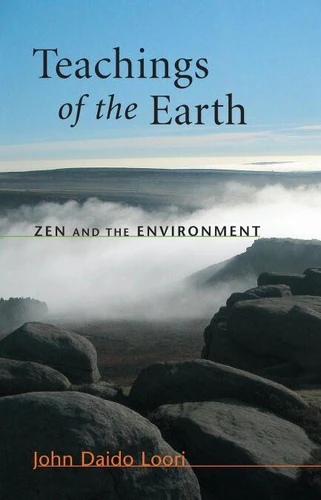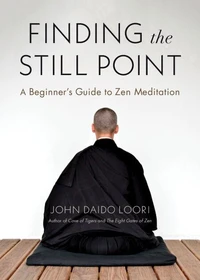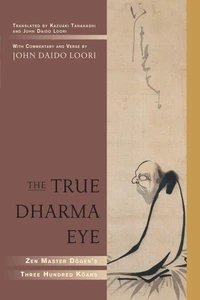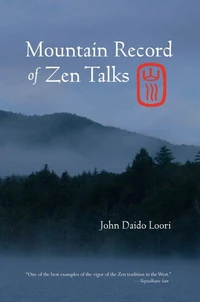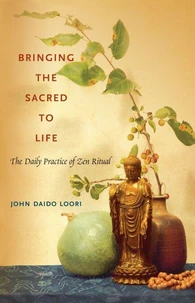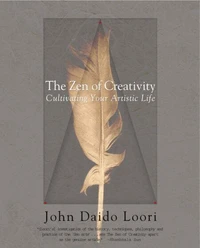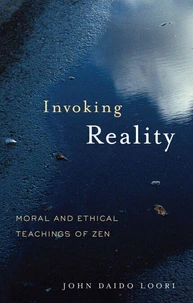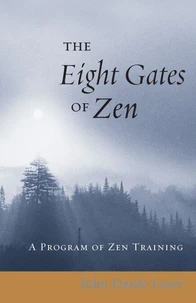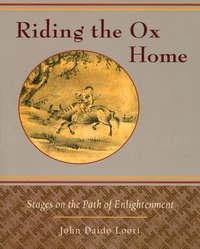Teachings of the Earth. Zen and the Environment
Par :Formats :
Disponible dans votre compte client Decitre ou Furet du Nord dès validation de votre commande. Le format ePub protégé est :
- Compatible avec une lecture sur My Vivlio (smartphone, tablette, ordinateur)
- Compatible avec une lecture sur liseuses Vivlio
- Pour les liseuses autres que Vivlio, vous devez utiliser le logiciel Adobe Digital Edition. Non compatible avec la lecture sur les liseuses Kindle, Remarkable et Sony
- Non compatible avec un achat hors France métropolitaine
 , qui est-ce ?
, qui est-ce ?Notre partenaire de plateforme de lecture numérique où vous retrouverez l'ensemble de vos ebooks gratuitement
Pour en savoir plus sur nos ebooks, consultez notre aide en ligne ici
- Nombre de pages112
- FormatePub
- ISBN978-0-8348-2683-0
- EAN9780834826830
- Date de parution18/09/2007
- Protection num.Adobe DRM
- Taille2 Mo
- Infos supplémentairesepub
- ÉditeurShambhala
Résumé
According to Zen teaching, everything in the universe exists interdependently, so valuing the welfare of one being over another, or of humans over the planet, makes no sense at all. This teaching, which can empower us to care passionately about the earth and its future, is not only a Zen principle, it's something that comes up for anyone who carefully investigates the nature of reality. It's a lesson found everywhere we look in nature.
And the idea is also found in writings by figures as diverse as Lao Tzu, Walt Whitman, Hermann Hesse, and Henry David Thoreau. John Daido Loori reveals the underlying environmental ethic animating these teachings and shows how it can be a wellspring for our appreciation of the earth in the new millennium.
And the idea is also found in writings by figures as diverse as Lao Tzu, Walt Whitman, Hermann Hesse, and Henry David Thoreau. John Daido Loori reveals the underlying environmental ethic animating these teachings and shows how it can be a wellspring for our appreciation of the earth in the new millennium.
According to Zen teaching, everything in the universe exists interdependently, so valuing the welfare of one being over another, or of humans over the planet, makes no sense at all. This teaching, which can empower us to care passionately about the earth and its future, is not only a Zen principle, it's something that comes up for anyone who carefully investigates the nature of reality. It's a lesson found everywhere we look in nature.
And the idea is also found in writings by figures as diverse as Lao Tzu, Walt Whitman, Hermann Hesse, and Henry David Thoreau. John Daido Loori reveals the underlying environmental ethic animating these teachings and shows how it can be a wellspring for our appreciation of the earth in the new millennium.
And the idea is also found in writings by figures as diverse as Lao Tzu, Walt Whitman, Hermann Hesse, and Henry David Thoreau. John Daido Loori reveals the underlying environmental ethic animating these teachings and shows how it can be a wellspring for our appreciation of the earth in the new millennium.

